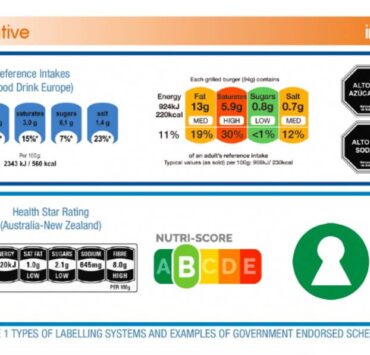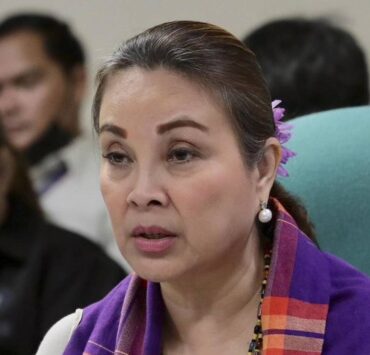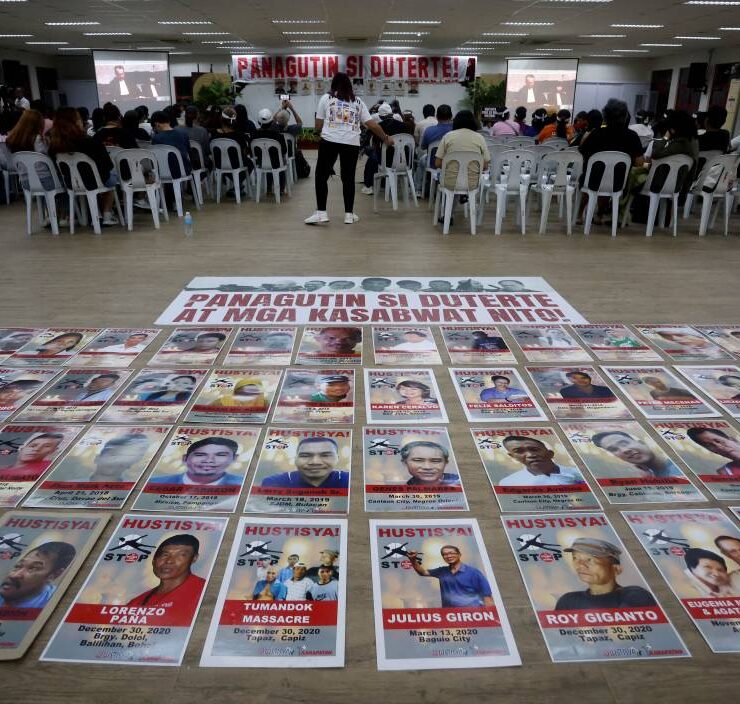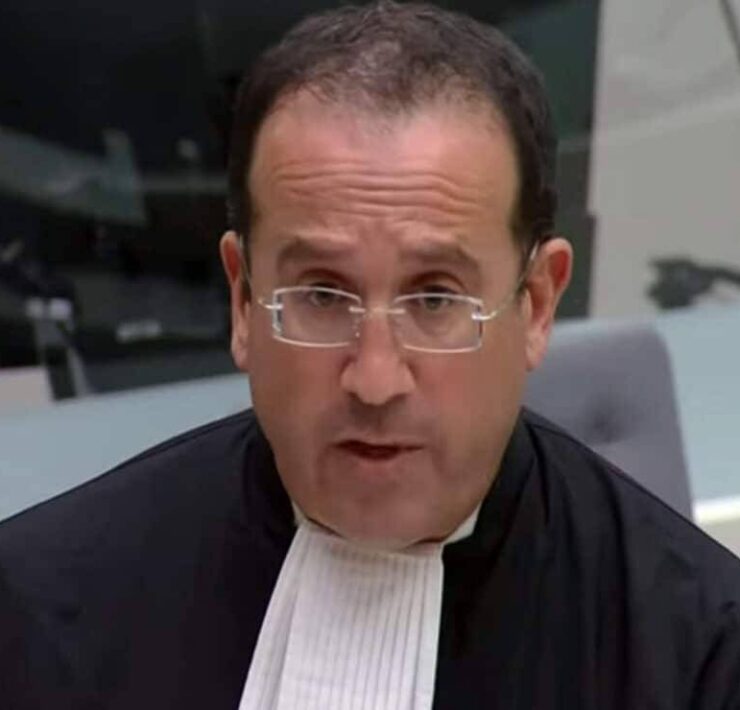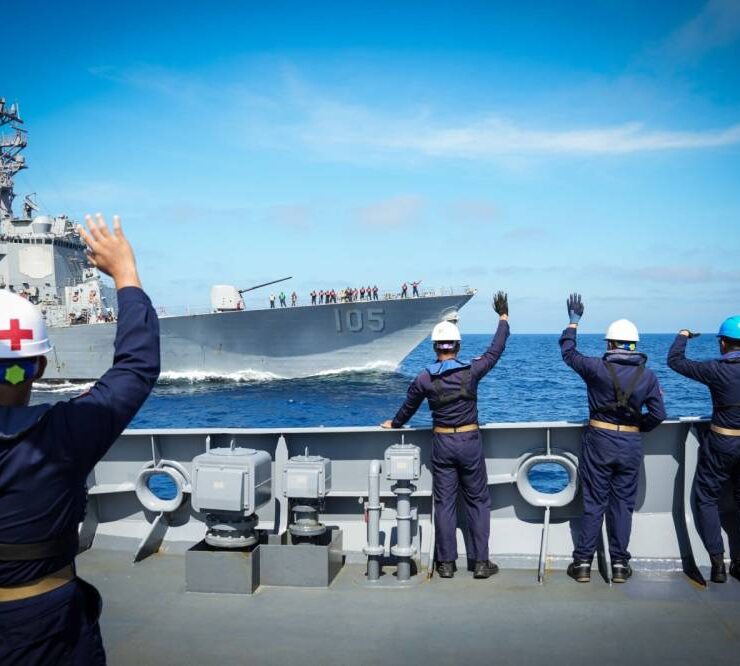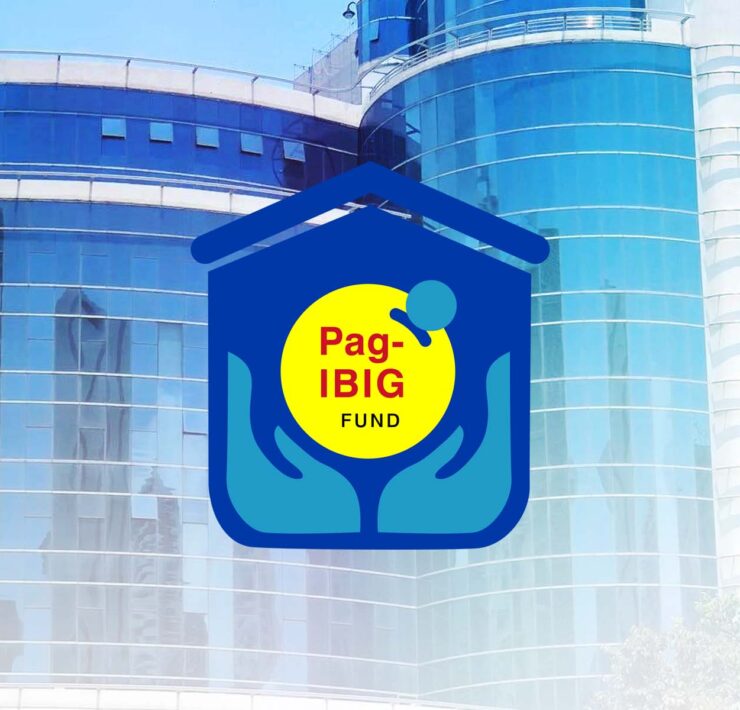Bato: Go gave cops cash as ‘allowance,’ not bounty
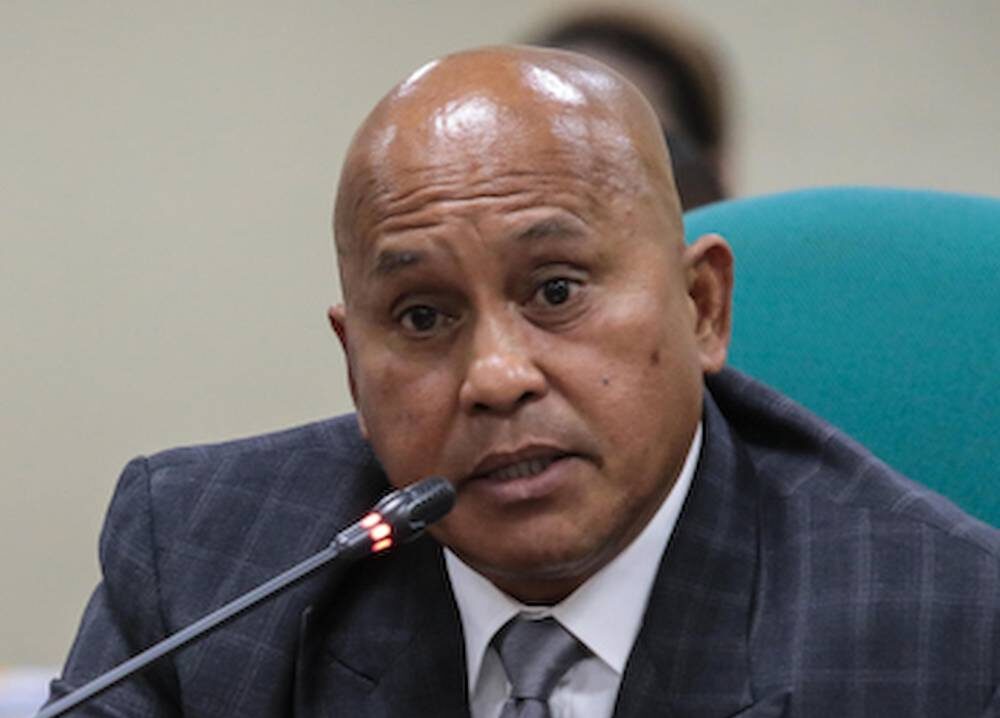
Sen. Christopher “Bong” Go, as the senior aide of former President Rodrigo Duterte, did give out a cash “allowance” to police officers, but it was never intended as a bounty for slain drug suspects, Sen. Ronald “Bato” dela Rosa said on Wednesday.
“Go really gave out money because he was instructed by Duterte even when we were still in Davao,” he told reporters in a phone interview, partly confirming a claim made by retired Police Col. Royina Garma during a House inquiry.
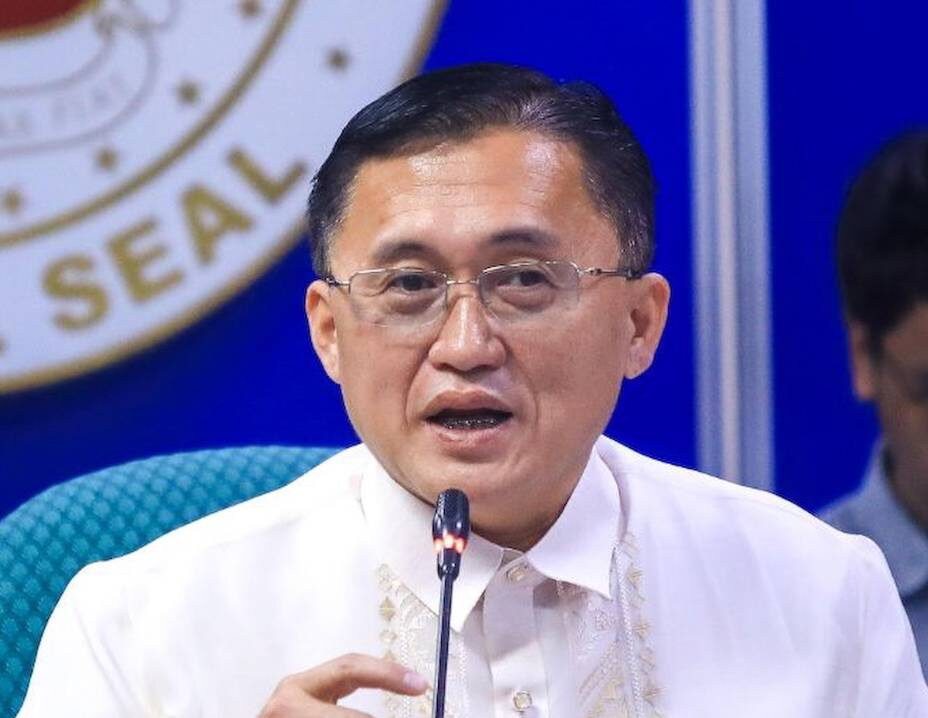
But Dela Rosa maintained that the distribution of allowances was not part of a so-called reward system to encourage police officers to kill drug personalities, as Garma also said in her testimony before the House quad committee on Oct. 10.
“Whenever we had a command conference, the (police) station commanders were given a small amount for allowance and operational expenses. Money was given every conference,” the senator said.
According to Dela Rosa, who served as chief of the Philippine National Police during the previous administration, handing out money to police personnel was normal practice throughout Duterte’s yearslong tenure as Davao City mayor, one he would continue during his presidency.
Dela Rosa served as the police chief of Davao before eventually heading the PNP when Duterte won the presidential race in 2016.
As PNP chief, Dela Rosa became the first enforcer of Duterte’s dreaded war on drugs, which was carried out through “Oplan Tokhang,” an operation blamed for the extrajudicial killing (EJK) of thousands of mostly poor drug suspects.
Trusted lieutenant
Like what he had done in Davao, Go supervised the distribution of money to PNP officers when Go was designated as the special assistant to the president, Dela Rosa said.
Known as Duterte’s most trusted lieutenant, Go has remained close to the former president even after winning a Senate seat in 2019.
“When I was the PNP chief, (Duterte) had provided allowances to all the regional (police) directors after our command conference just to (reimburse) the expenses of their travel,” Dela Rosa said.
Last week, Garma, who played various roles in the Davao police before heading the Cebu City police and later being appointed general manager of the Philippine Charity Sweepstakes Office (PCSO) until 2022, turned on her former boss and accused Duterte of offering money for each killed drug suspect.
She tearfully told the House committee that cash rewards of as much as P1 million were given for the killing of suspects, including politicians suspected of involvement in illegal drugs.
Garma, who previously denied being close to the former mayor and president, said Duterte had patterned his drug war after the “Davao model.”
But Dela Rosa said it was the first time that he had heard of such a term, as he was more familiar with “tokhang,” a term coined from the Visayan words “katok” (knock) and “hangyo” (plead).
“That’s the only thing I remember because Oplan Tokhang was my brainchild and I implemented that at the national level,” the senator said.
The government placed the number of drug war deaths at more than 6,200 but press watchdogs and human rights advocates estimated that more than 20,000 people were killed in antidrug operations from 2016 to 2022.
Palace backing
Also on Wednesday, Malacañang voiced its support for the reopening of the police investigation of several high-profile killings during the drug war.
“Of course,” Executive Secretary Lucas Bersamin said in a message to Palace reporters when asked to comment on the PNP’s plan to revive cold EJK cases.
“The reopening of the investigations of the high killings related to the war on drugs should indicate that the Marcos administration places the highest importance on the fair dispensation of justice and on the universal observance of the rule of law in the country,” the Palace official said.
He made the remarks after PNP spokesperson Brig. Gen. Jean Fajardo said the police force would take a second look at murders of local officials during Duterte’s administration.
A cochair of the House committee said another personality implicated in the drug war inquiry, resigned Commissioner Edilberto Leonardo of the National Police Commission, had sent feelers to the panel that he was keen to follow Garma’s lead and reveal what he knew about the inner workings of the drug war.
Laguna Rep. Dan Fernandez said the panel had yet to receive Leonardo’s affidavit. “But if ever that he’ll be speaking on Tuesday as well, then it would be a much, much bigger corroboration on the testimony of Royina Garma,” he said.
Barayuga murder
Garma and Leonardo were implicated by an active police officer in an alleged plot to kill former PCSO board member Wesley Barayuga to prevent him from testifying about corruption in the state lottery agency. Barayuga was gunned down in Mandaluyong City in July 2020.
“You have to realize Commissioner Leonardo is not the only one who wants to speak and have their stories be heard,” Fernandez said, adding: “There are a lot. But we want to make sure that they would be saying something substantial.”
Earlier, Bersamin rejected calls for the government to submit the testimonies of Garma and other key witnesses in the House inquiry to the International Criminal Court (ICC), which is also investigating Duterte’s war on drugs.
The executive secretary said the Philippines would not return to the ICC and that Mr. Marcos “is not expected to change his mind and now refer the quad comm matter to the ICC.”
President Marcos has repeatedly stressed that the country will not rejoin the ICC, after Duterte ordered the country’s withdrawal from the Rome Statute, the court’s founding document, in March 2018. —WITH REPORTS FROM JULIE M. AURELIO AND KRIXIA SUBINGSUBING














